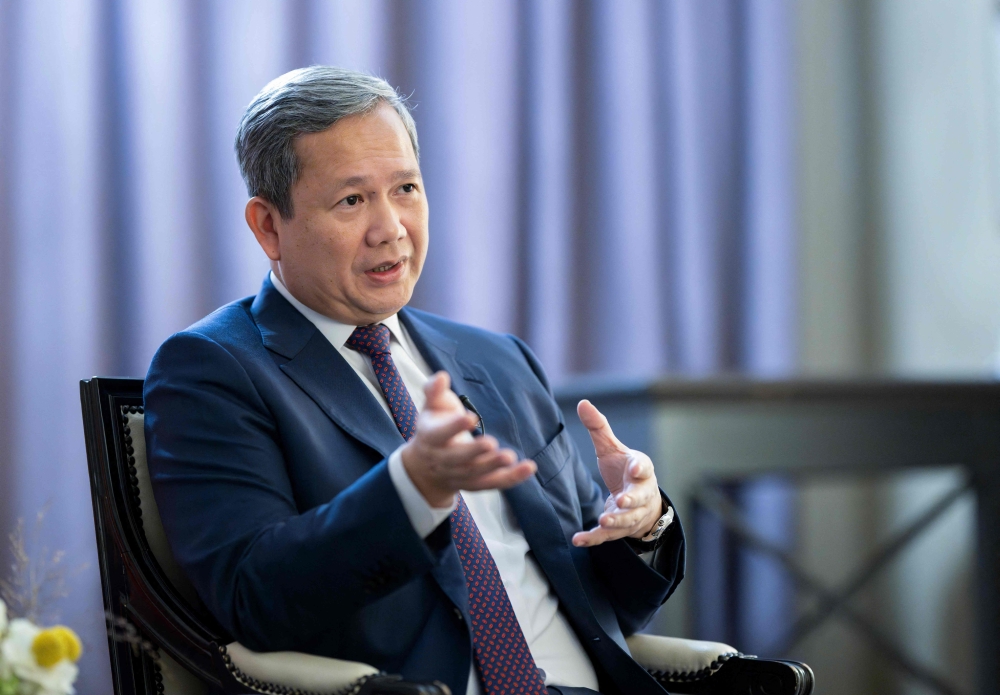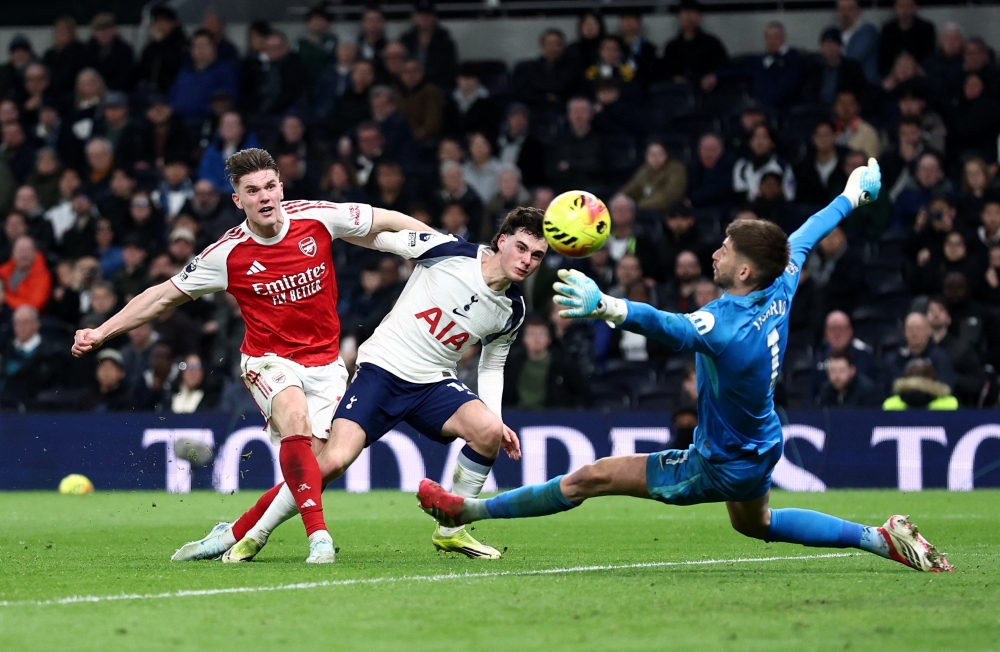‘I was a councillor for 42 years – we don’t deserve pensions’
People are already willing to stand for election, we don’t need Labour’s financial incentives

Last week Steve Reed, the Communities Secretary, proudly announced to Labour’s party conference that pensions for councillors were coming back.
“You deserve it”, he triumphantly declared to rapturous applause. The problem is, we don’t.
I am a former councillor of 42 years. We are volunteers, not employees, and we shouldn’t need financial incentives to help our local community. When pensions were initially removed in 2014, I could not have agreed with it more.
At a time when council tax bills are spiralling, services are crumbling and local authorities are desperately trying to balance their books, it’s not the time to hand millions in ratepayers’ cash to those who choose to become councillors.
I entered local politics in 1982. I was working as a microbiologist when I won a council seat in the London Borough of Lambeth. It was an interesting place back then, run by a hard Left administration. In the four decades since, I’ve dedicated huge amounts of my time to helping people across three different councils.
At no time was I ever offered a pension – and I didn’t want one. In fact, for most of my time in office, they didn’t exist.
Labour introduced councillors’ pensions in 2004. The argument was that people would have lower pensions because of their time on the council, disincentivising others from seeking office. As a result, they were allowed to join the Local Government Pension Scheme, one of the most generous in the country.
The terms for councillors weren’t quite as attractive as those offered to staff. Their retirement age of 70 was higher and they weren’t given the same final salary pension entitlements.
Councils also weren’t compelled to offer membership and by 2007, just 42pc had decided to do so. Cost and public opinion were the main barriers, according to those councils that opted against it.
Nevertheless, nearly 5,000 councillors were building up pension entitlements by 2010, according to the TaxPayers’ Alliance. Common sense finally prevailed in 2014 when they were rightly revoked by the Conservatives.
I would never suggest councillors should lose money. For the most part, they are hard-working people dedicated to helping the local community. It’s not uncommon to spend two or three nights a week attending meetings, then half a day at the weekend dealing with queries from constituents.
But they already receive a basic allowance to cover their costs. According to the Local Government Chronicle, the average pay is £12,500 but it can be as much as £18,000. Special allowances are also available for other duties, such as being in the Cabinet, along with expenses for travel.
This allowance is crucial because without it, we would be back to the old days when only rich people could be politicians.
We must have a system where everyone can stand for election, regardless of wealth, and residents can choose the person they think will best represent them.
However, allowances are already a significant investment. With pensions added, councillors would get about 23pc more in contributions. For councils like Birmingham, already cutting £300m from its budget over two years to balance the books, it could be as high as 27pc.
The cost of the Local Government Pension Scheme is already a major part of why council finances are in such a mess.
This will only increase the cost – not by a huge amount, but it’s the principle.
This shouldn’t be anywhere close to a priority when councils have so many other massive things to focus on like adult social care and children’s services.
Rather than increasing the Local Government Pension Scheme, we should explore cutting it because it’s already too generous. It should be more in line with the kind of pensions that private company pensions provide.
There is also a deeper problem with Mr Reed’s decision. In four decades, I never saw a shortage of people willing to stand for election – so why are we offering financial incentives?
Being a councillor is interesting, rewarding and there’s satisfaction in doing the work and helping people. The more you do in politics, the more interested you get in trying to solve problems and run the local authority.
You also have a responsibility to do the best for your constituents. To my mind, that means making sure the burden on taxpayers is as low as possible and the services are as good as they can be.
It’s a voluntary role, like working in a charity. It is doing your bit for society.
The position isn’t financially rewarding, nor should it be. You don’t go for the money and that can’t start now, particularly at a time when councils and many of their constituents are struggling financially.
Reinstating councillors’ pensions just sends completely the wrong message.
It says to residents that in times of hardship, those they elected have become the priority – at a time when we can least afford it.
[Source: Daily Telegraph]






















































